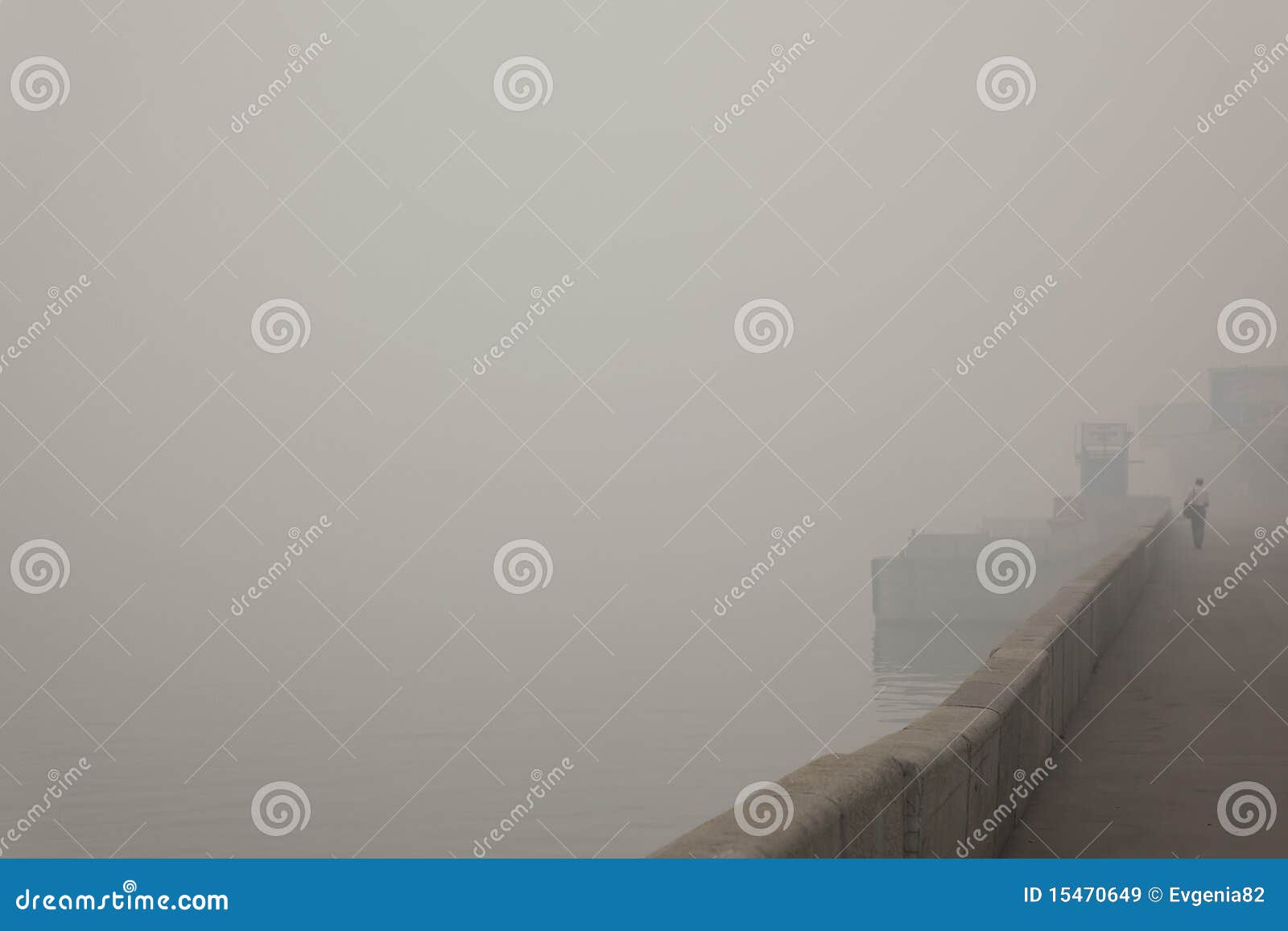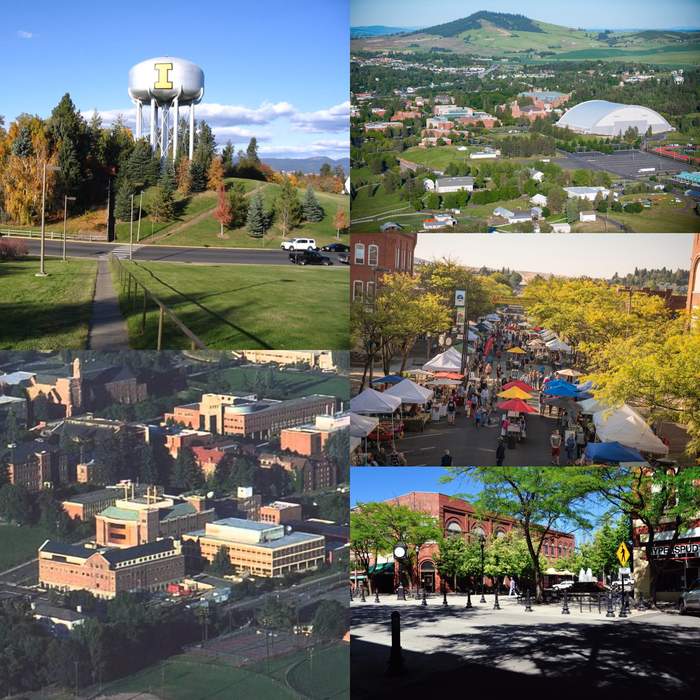Moscow ID Fires: Unraveling The Causes, Impacts, And Prevention Strategies
Mar 22 2025
Moscow has recently been grappling with a surge in wildfires, raising concerns about environmental safety and public health. The phenomenon referred to as "Moscow ID fires" has become a focal point for authorities and residents alike, as it poses significant risks to the city's infrastructure, air quality, and biodiversity. These fires have not only disrupted daily life but have also highlighted the urgent need for effective wildfire management and climate adaptation strategies.
The situation in Moscow is alarming, with reports indicating that the frequency and intensity of fires have increased over the past few years. Experts attribute this trend to a combination of factors, including rising temperatures, prolonged dry spells, and human activities. As the city continues to urbanize, the likelihood of wildfires igniting near populated areas is growing, necessitating immediate action to mitigate these risks.
Understanding the root causes of Moscow ID fires and implementing preventive measures is crucial to safeguarding the city's environment and its inhabitants. This article delves into the complexities of this issue, exploring the environmental, social, and economic dimensions of wildfires in Moscow. By examining the latest research, policy responses, and community initiatives, we aim to provide actionable insights for stakeholders and the public.
Read also:Exploring Olivia Beavers Ethnicity Unveiling Her Cultural Background
What Are the Primary Causes of Moscow ID Fires?
The origins of Moscow ID fires can be traced to both natural and anthropogenic factors. Rising global temperatures have led to hotter and drier conditions, creating an ideal environment for wildfires to spread rapidly. Additionally, human activities such as illegal dumping, uncontrolled campfires, and agricultural burning have contributed significantly to the problem. Urban sprawl has further exacerbated the situation by bringing more people into close proximity to fire-prone areas.
How Do Moscow ID Fires Impact Air Quality?
One of the most immediate effects of Moscow ID fires is the deterioration of air quality. Smoke from wildfires contains harmful pollutants, including particulate matter, carbon monoxide, and volatile organic compounds, which can have severe health implications. Residents of Moscow, especially those with respiratory conditions, are at heightened risk during fire seasons. The city's health authorities have issued advisories urging people to minimize outdoor activities and use air purifiers indoors.
Can Moscow ID Fires Be Prevented?
Preventing Moscow ID fires requires a multifaceted approach that involves both short-term interventions and long-term strategies. Short-term measures include improving fire detection systems, enhancing firefighting capabilities, and educating the public about fire safety. Long-term solutions focus on land-use planning, reforestation efforts, and climate change mitigation. By adopting these measures, Moscow can reduce the frequency and severity of wildfires, thereby protecting its environment and citizens.
What Role Does Climate Change Play in Moscow ID Fires?
Climate change is a major driver of Moscow ID fires, as it alters weather patterns and increases the likelihood of extreme events. Warmer temperatures lead to earlier snowmelt, which dries out vegetation and creates tinderbox conditions. Furthermore, changing precipitation patterns can result in prolonged droughts, exacerbating the risk of wildfires. Addressing climate change is therefore essential to tackling the root causes of Moscow ID fires.
How Are Authorities Responding to Moscow ID Fires?
Local authorities in Moscow have taken several steps to combat the wildfire crisis. They have invested in advanced firefighting technologies, established early warning systems, and collaborated with international partners to share best practices. Community engagement programs have also been launched to raise awareness about fire prevention and response. Despite these efforts, challenges remain, particularly in terms of resource allocation and coordination among different agencies.
Is the Community Prepared for Moscow ID Fires?
The preparedness of Moscow's community to handle wildfires varies across different neighborhoods. While some areas have well-established emergency plans and evacuation routes, others lack the necessary infrastructure and support systems. Educating residents about fire risks and empowering them with the tools to protect themselves is critical to building resilience against Moscow ID fires. Initiatives such as fire drills and community workshops can play a vital role in this regard.
Read also:Kyoko Chan Cox A Remarkable Journey Of Resilience And Inspiration
Environmental Consequences of Moscow ID Fires
The environmental impact of Moscow ID fires extends beyond air pollution. These fires destroy vast tracts of forests, disrupt ecosystems, and threaten biodiversity. Wildlife habitats are lost, and species that depend on specific environments face extinction risks. Restoring damaged ecosystems requires significant investment in reforestation and conservation programs, which must be prioritized in Moscow's environmental agenda.
What Are the Economic Implications of Moscow ID Fires?
From a financial perspective, Moscow ID fires impose substantial costs on the city. These include direct expenses related to firefighting and disaster relief, as well as indirect losses due to business disruptions and property damage. Tourism, a key sector for Moscow's economy, is also affected as visitors may avoid the city during fire seasons. Mitigating these economic impacts necessitates proactive planning and resource allocation.
Social Impacts of Moscow ID Fires
Moscow ID fires have profound social implications, affecting the well-being and livelihoods of residents. Displacement, loss of property, and psychological stress are common among those who experience wildfires firsthand. Ensuring social equity in disaster response and recovery efforts is essential to minimizing the adverse effects on vulnerable populations. Community support networks and mental health services can help address these challenges.
How Can Individuals Contribute to Preventing Moscow ID Fires?
Individual actions can make a significant difference in preventing Moscow ID fires. Simple steps such as properly disposing of cigarettes, avoiding open fires in high-risk areas, and reporting suspicious activities can help reduce the likelihood of wildfires. Furthermore, residents can participate in local cleanup drives and advocate for policies that promote sustainable land management.
Future Outlook and Recommendations
The future of Moscow's wildfire management depends on the collective efforts of all stakeholders. Governments, businesses, and citizens must work together to implement comprehensive strategies that address the root causes of Moscow ID fires. This includes investing in research and innovation, strengthening regulatory frameworks, and fostering international cooperation. By taking decisive action now, Moscow can create a safer and more resilient environment for future generations.
Key Takeaways About Moscow ID Fires
- Moscow ID fires are driven by a combination of natural and human factors.
- Air quality, biodiversity, and public health are severely impacted by these fires.
- Preventive measures and community involvement are crucial to mitigating wildfire risks.
- Climate change adaptation and sustainable development are integral to long-term solutions.
What Can We Learn from Moscow ID Fires?
Moscow ID fires serve as a stark reminder of the urgent need for climate action and environmental stewardship. They highlight the interconnectedness of ecological, social, and economic systems and underscore the importance of collaboration in addressing global challenges. By learning from these experiences, cities worldwide can better prepare for and respond to similar crises in the future.
Table of Contents
- What Are the Primary Causes of Moscow ID Fires?
- How Do Moscow ID Fires Impact Air Quality?
- Can Moscow ID Fires Be Prevented?
- What Role Does Climate Change Play in Moscow ID Fires?
- How Are Authorities Responding to Moscow ID Fires?
- Is the Community Prepared for Moscow ID Fires?
- Environmental Consequences of Moscow ID Fires
- What Are the Economic Implications of Moscow ID Fires?
- Social Impacts of Moscow ID Fires
- How Can Individuals Contribute to Preventing Moscow ID Fires?

